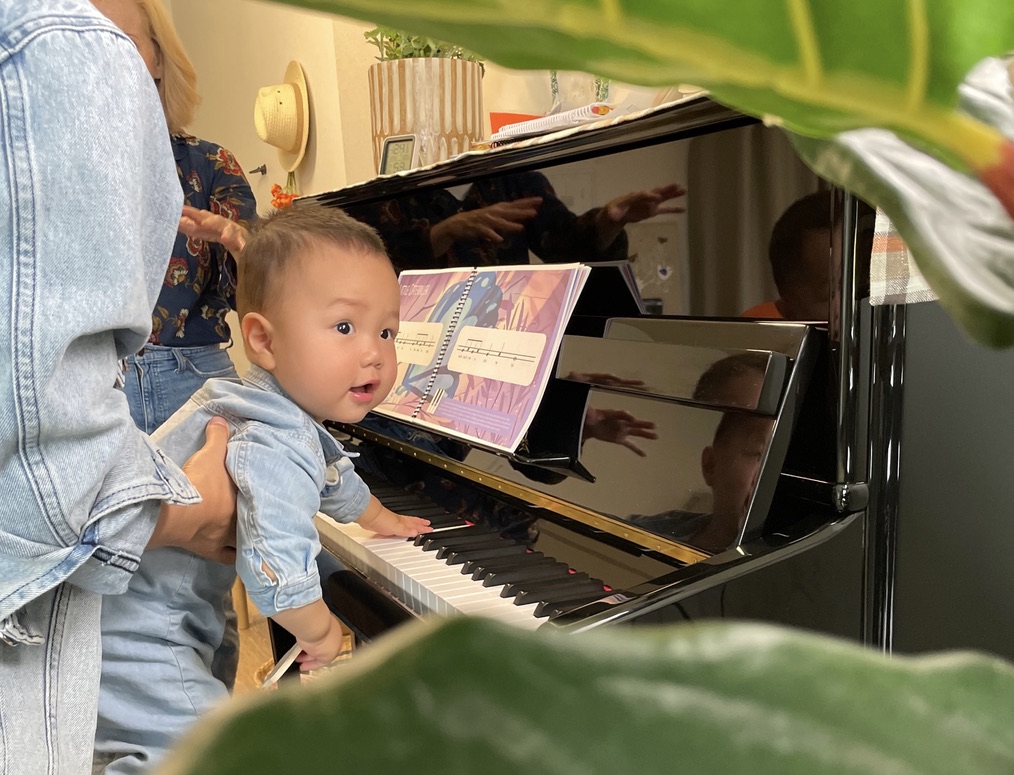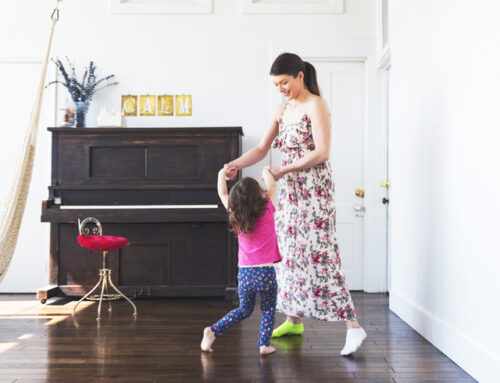aising kids is a lot like growing a garden.
The thing is, we mostly get our food and our flowers from the grocery store, or maybe Costco. When I want to really get back to nature I visit a farmer’s market. Either way, I pick out what I want, pay the money, and I put it in the back seat of my car and drive home.
But still, there are things we can learn from the idea of growing a garden, versus shopping at the store or the farmer’s market for our kids (or our groceries).
I’ve done a little gardening in my life, and I can’t say I’m that good at it. But there are a few comparisons I can make to raising kids – which I’ve also done a bit of, and while I didn’t know what I was doing when I started, I learned a lot of things along the way.
When you grow a garden, you usually buy packets of seeds. There’s a picture on the front telling you what your plants should look like – if you follow the directions on the back of the packet.

When you grow a kid, there’s no such thing. You don’t really know who they’ll be, and there are no instructions on the back to tell you how deep to plant, how often to water, or what kind of soil they need. There’s no picture of what they should look like when they’re fully grown. So it’s hard.
There are a few things that all kids need, that are similar to what plants need.
Your seedlings need fertile soil and lots of sunshine.
Your baby needs a nourishing environment and lots and lots of snuggles.
Your seedlings need to be protected from things like bugs and rabbits.
Your baby needs to feel safe and to know that you’ll protect them from bugs and rabbits, and strangers. And skinned knees. And mean kids. And humiliation.
In order to thrive, your seedlings need the right amount of water – and if you let them dry up, it’s over.
In order to thrive, your child needs your unconditional love. And if you mess up, they’re quite resilient and forgiving.
Unlike growing a garden, you don’t get to pick the packet of seeds. You don’t know what your child will want to be. When you grow tomatoes, for example, you can choose Beefstake, Roma, Cherry, or if you want to get really tricky, you can choose heirloom seeds, and you might get yellow or purple tomatoes (highly recommend).
Kids are individual humans, and you don’t get to choose their preferences, their personality, or their heartfelt desires. But what you can cultivate are:
- Your example of what it’s like to be a decent human
- A safe environment in which to grow
- Lots of experiences for them to choose from
- Time for them to rest and let their brain process
- And most importantly, your unconditional love.
Research has shown that kids who feel emotionally safe, and who don’t have to earn their parents’ love, are able to learn, mature, and grow into healthy, autonomous adults. Those feelings are what we cultivate in our kids.
So that’s nice. How do you do that?
Well, I think a good place to start is having the understanding that your biggest job as a parent is to find a way to connect with your child every single day. What your baby, from day one needs, is a place to grow their roots. Babies, and growing kids, are figuring out how they fit into the world, by how they perceive they fit into your world. Even before your baby has words, opinions are forming in the non-verbal part of the brain, the amygdala. They’re learning how to handle perceived fear. This can take a lot of energy, especially for a sensitive child. With your help, your child can learn how to calm themselves so that they can go back to learning and growing. When you show that you’re there to protect, sooth, and comfort your child, no matter what they do or don’t do, their brain can go back to their favorite activities – growing and learning. When they’re left on their own to do these things, or when they feel pressured to do things they’re not ready for, irrational fears can develop, and your child might be more prone to be aggressive, resistant, or to retreat.
Here’s an important way to connect with your child every day: Listen to them. And respond back in a way that lets them know you understand.
It might seem like your newborn baby’s not saying anything for you to listen to, but if you are still and quiet, you’ll hear them making tiny sounds. It might sound like breathing, or grunting, or like the noises they make as they’re struggling to move their arms and legs. But as you listen intently to those sounds, imagine your baby’s singing to you – and sing back. Try to sound as much like your baby as you can. And then watch your baby begin to focus their attention on you.

When your child is a few months old, the sounds they’ll make sound a little more intentional. Take time every day, several times a day if possible, to listen to the noises they’re making (or songs your baby’s singing) and sing along.
When your child has learned to talk, they still need you to listen. Respond as though you’re growing a best, best friend who’s pouring their heart out to you. Let your child know that you understand by repeating back what you think they’re telling you. When they’re upset, they need this more than ever – but instead of repeating the sounds you hear (possibly crying or yelling) calmly give them words for what you see they must be experiencing. Let them have their feelings, and let them know all feelings are okay. As you nurture this kind of dialogue with your child, especially in times of stress, they’re more likely to feel connected to you, and to listen back – to you!
And while you’re listening, be sure to hold them close. Welcome your child into your arms, and give them all the hugs and affection they need. Because contrary to old beliefs, holding your baby close doesn’t spoil them. It helps them to feel secure, and to develop their sense of self.
Letting your baby, and your growing child, and eventually your adult child, know that you understand them, that you love them no matter what, and that you’re there for them, is the biggest gift you can give them, so that they are free to grow, to learn, and to thrive.







